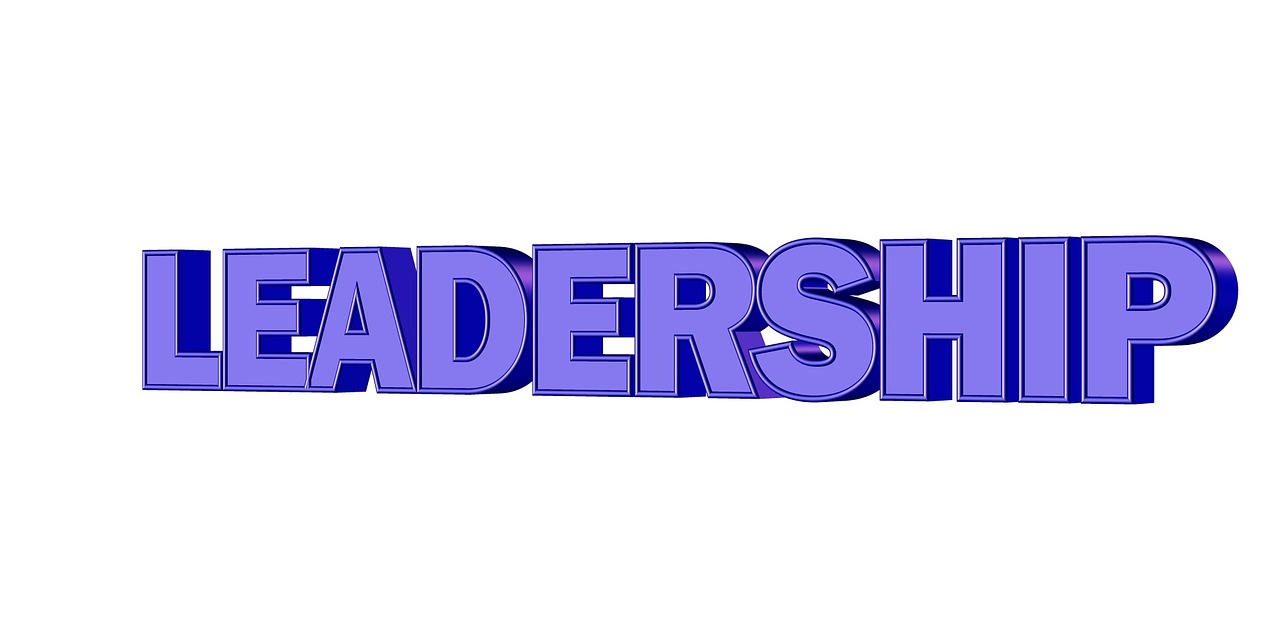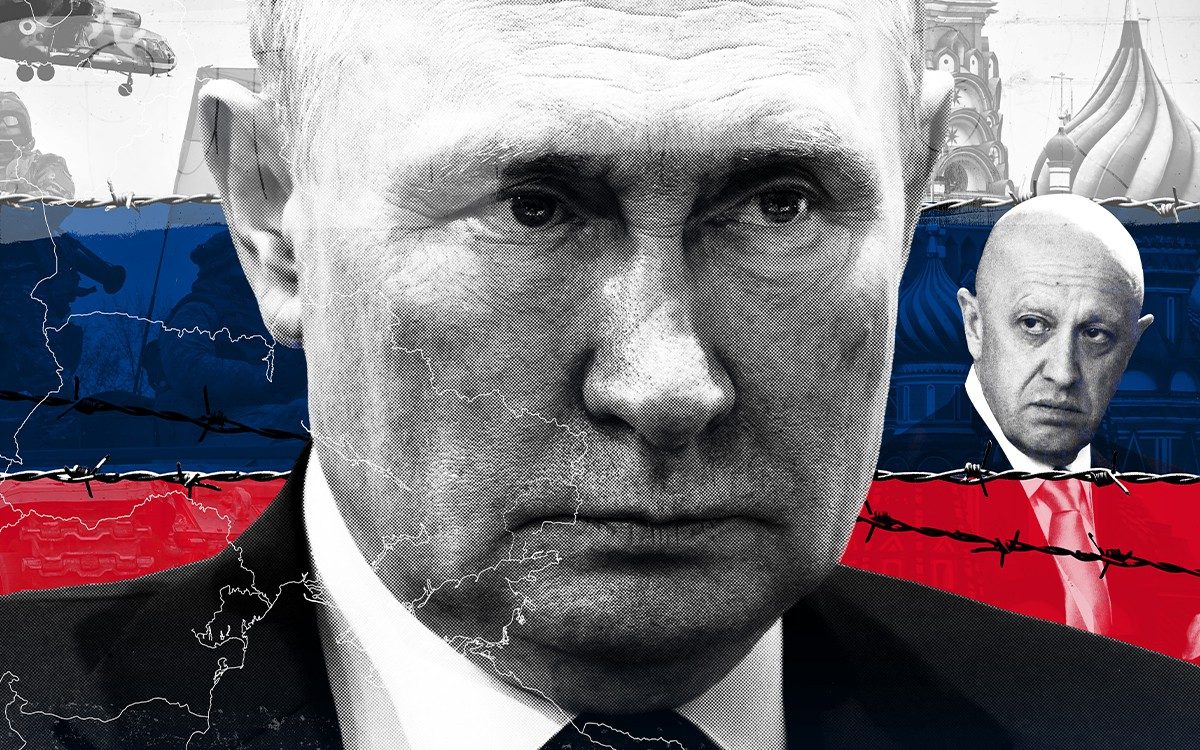Table of Contents
Vladimir Putin, Russia’s long-serving leader, has cultivated a unique leadership style that has garnered both admiration and criticism on the global stage. To understand Putin’s leadership approach better, it is essential to compare it to leadership styles of other world leaders. In this article, we will conduct a comparative analysis of Putin’s leadership style in a global context, exploring the key characteristics that define his leadership and how they stack up against those of other prominent leaders.
Vladimir Putin’s leadership style, as the long-serving leader of Russia, has undeniably left a profound impact on global politics. It is a style that has evoked a wide range of reactions, from admiration to criticism and it continues to shape international relations. To gain a deeper understanding of Putin’s leadership approach, it is essential to place it in the broader context of leadership styles exhibited by other world leaders.
In this article, we embark on a comprehensive comparative analysis, delving into the distinctive characteristics that define Putin’s leadership. By juxtaposing these traits with those of other prominent leaders across the globe, we aim to shed light on the unique qualities and strategies that have set Putin apart on the world stage.
From diplomatic maneuvers to domestic policies, we will examine how Putin’s leadership style has influenced Russia’s role in the international arena. We will also explore the implications of his leadership choices for global geopolitics and assess the long-term consequences of his tenure.
By the end of this exploration, readers will gain valuable insights into the multifaceted nature of Putin’s leadership, its global significance and how it shapes contemporary Russia and its place in the world. Understanding this leadership style within the context of other prominent leaders will provide a nuanced perspective on the dynamics of international politics and the complex web of relationships that define our modern world.
Explore this link for a more extensive examination of the topic: Faith in Nations: The Populist Discourse of Erdogan, Modi, and Putin
Authoritarian Leadership and Centralization of Power
Putin’s leadership style is often described as authoritarian, characterized by a strong centralization of power. He has consistently worked to strengthen the authority of the Russian state, reining in oligarchs, suppressing political opposition and centralizing decision-making within the Kremlin. In this regard, Putin shares similarities with leaders like Xi Jinping of China and Recep Tayyip Erdoğan of Turkey, who have also concentrated power in their respective countries.
However, while Putin’s leadership style exhibits authoritarian tendencies, it differs from some other authoritarian leaders in terms of its longevity. Putin’s two-decade rule has showcased a remarkable ability to maintain popular support, while other authoritarian leaders have faced more significant challenges to their authority.
If you’d like to dive deeper into this subject, there’s more to discover on this page: China and Russia: Exploring Ties Between Two Authoritarian …

Nationalism and Assertive Foreign Policy
Putin’s leadership is closely associated with a strong sense of nationalism and an assertive foreign policy. He has positioned Russia as a global power and defender of its national interests, often at odds with Western countries. In this respect, Putin’s approach aligns with leaders like Narendra Modi of India and Jair Bolsonaro of Brazil, who prioritize national sovereignty and assertiveness in foreign affairs.
However, Putin’s foreign policy strategy is marked by a pragmatism that allows for flexibility and adaptation to changing geopolitical circumstances. While maintaining a strong nationalist stance, he has also cultivated strategic alliances and partnerships, such as with China and certain Middle Eastern countries, reflecting a more nuanced approach to global affairs.
If you’d like to dive deeper into this subject, there’s more to discover on this page: one The Domestic Context of Russian Foreign Policy

Control of Media and Information
Putin’s control over the media and information landscape is a significant aspect of his leadership style. State-controlled or state-influenced media outlets dominate the Russian media landscape, allowing the Kremlin to shape public narratives and control the flow of information. This approach is shared by leaders like Xi Jinping in China and Kim Jong-un in North Korea, where media is tightly controlled to maintain political stability and project a particular image.
However, in a global context, Putin’s media control is often contrasted with leaders from liberal democracies who prioritize freedom of the press and a diversity of voices in the media. This sharp contrast in media landscapes underscores the differences in governance styles between Russia and many Western countries.
Looking for more insights? You’ll find them right here in our extended coverage: The Russian “Firehose of Falsehood” Propaganda Model: Why It …

Vladimir Putin’s leadership style, characterized by authoritarian tendencies, assertive foreign policy and media control, places him in a unique position on the global stage. While there are parallels with other world leaders in terms of centralization of power and nationalism, Putin’s longevity in power and ability to navigate shifting global dynamics set him apart. Understanding Putin’s leadership style in a comparative context provides valuable insights into the complex world of international politics and governance, shedding light on both the commonalities and divergences among world leaders.
Vladimir Putin’s leadership style, with its blend of authoritarianism, assertiveness and control, positions him as a prominent and intriguing figure on the global political stage. While we can draw some parallels with other world leaders regarding the centralization of power and the promotion of nationalism, Putin’s distinctive traits and his long-lasting influence in Russian politics set him apart in the international arena.
One of the remarkable aspects of Putin’s leadership is his ability to adapt and thrive in a world characterized by rapid geopolitical shifts. He has navigated through the tumultuous waters of international politics with a shrewd pragmatism that has allowed him to maintain Russia’s position as a major global player. Whether it’s leveraging energy resources, forging strategic alliances or deftly handling diplomatic crises, Putin has consistently displayed a knack for securing Russia’s interests on the global stage.
Moreover, Putin’s endurance in power is a testament to his political acumen and the dynamics of Russia’s political system. His leadership has weathered various challenges, including economic crises, protests and international sanctions. This staying power raises questions about the resilience of authoritarian regimes in an era when democracies and autocracies alike face new pressures and uncertainties.
Comparing Putin’s leadership style to that of other world leaders provides valuable insights into the broader landscape of international politics and governance. It highlights the common threads that run through the actions of leaders in different nations, such as the pursuit of national interests and the exercise of power. Yet, it also underscores the unique characteristics and challenges that set leaders like Putin apart.
In this ever-evolving global context, understanding Putin’s leadership offers more than just a glimpse into Russia’s political dynamics; it serves as a case study in the complexities of international relations. By examining both the parallels and divergences among world leaders, we gain a more nuanced perspective on the intricate web of relationships and power struggles that shape our world today. Ultimately, studying Putin’s leadership style in a comparative context enriches our understanding of the complex interplay between leadership, geopolitics and the dynamics of governance in the 21st century.
You can also read more about this here: ECONOMIC AND SOCIAL CHALLENGES AND OPPORTUNITIES
More links
Explore this link for a more extensive examination of the topic: GlobalTrends_2040.pdf
